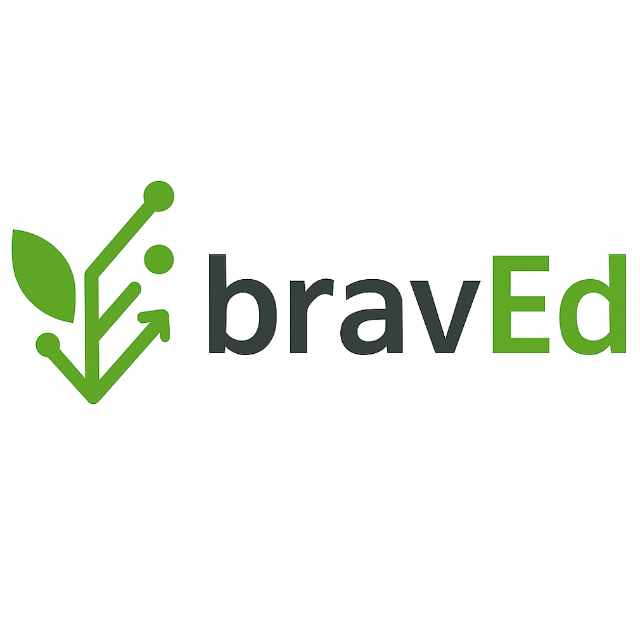The Texas Benefits-Based Accountability Grassroots Network
Arguments against public education are almost universally grounded in the accountability results from a very bad system that cannot tell the truth about our schools.
Until a better way to account for what happens comes along, the odds of winning the day aren't great. The good news–we don't need a change in policy to make that happen.
It is time to circle the wagons regarding public education in Texas
Join the NetworkThe last several legislative sessions in Texas have been challenging to say the least
That sounds like all bad news, but it isn't.
The bad news is, of course, that efforts to dismantle public education in Texas continue to gain ground.
The opportunities, however, are just as real. First, more and more people are stepping up, ready to fight for something better. And second, we have a clear sense of where to target the fight.
That’s where the Network comes in.
This isn’t the first time public education in Texas has faced serious threats. And it won’t be the last. Historically, moments like these have inspired Texans to rally together, but rarely have those movements led to the bold, lasting change people envisioned.
Why not?
Because in Texas, how we do educational accountability has always been a barrier to actual improvement, and is the go-to excuse for making harmful policy decisions.
Advocating for things that would be good for students and schools, and against things that would be bad, gets drowned out in the noise of a terrible accountability system. Removing that noise is critical for the future of public education in Texas.
Fortunately, we don't need policy makers to do a single thing in order to drown out the noise in the current system. Rather, we simply need to learn to account for the benefits that matter to our parents, students, and communities. Accounting for all the things that matter, it turns out, is the best first step in supplanting a bad system. It has the dual effect of creating trust and interest in schools, which in turn calls into question a system that does neither, even while that bad system continues to exist.
Steps being steps, they require a choice.
The Network is our chance to take that step and make that choice. It exists to do two critical things:
- To learn—together—what accountability could and should look like, so we can align around the future we actually want.
- To act—by giving educators, principals, central office teams, superintendents, board members, and interested citizens access to the bravEd library of content, seminars, and learning experiences. These are tools that empower educators to imagine new forms of accountability now, and show what’s possible.
All we ask is a $100 annual donation.
That’s a fraction of what bravEd historically charges to cover its costs. But we have something here in Texas that virtually no other state does: 450,000 educators supporting 5.1 million students, and an equally impressive number of adults and advocates who care.
In other words, we have the chance to go to scale like no one else and fund what amounts to a movement.
- 1,000 members means we can introduce the idea of benefits-based accountability statewide as it would put a member who gets accountability in nearly every legislative district.
- 2,000 members means we likely have hundreds of schools and districts starting to practice a better way to account for what they do, which is the prerequisite to something better.
- 3,000 members? We change the world.
This Network isn’t political. It’s not anti-anything—except broken accountability systems that fail to serve our young people, our schools, and our communities.
Our goals are simple: to learn and lead toward something better.
Join us. Invite your colleagues and friends. This could be a great opportunity to move the needle in Texas once and for all.
Let’s lead the way.
John Tanner
bravEd
You can have a great accountability system, no permission or policy change required
That’s not to say policy change isn’t the goal—it absolutely is.
But here’s the twist: accountability never should have been confined to policy in the first place.
And more importantly, we won’t reach a better future for accountability by waiting for policy to lead the way. We have to build the better system first—then bring it to policymakers as a living example of what truly effective educational accountability can look like.
In other words, we need to build a new airplane while still flying the old one. But that’s not as daunting as it sounds.
Here’s why: Right now, state accountability only covers a tiny slice—maybe 1/20th (and that poorly)—of what really matters in a school. The other 19/20ths? That’s where real learning, relationships, growth, and success live.
The truth is, we need to account for all of what matters. But right now, the 1/20th that gets all the policy attention acts like a six-ton elephant, pushing everything else to the side. What we’re proposing isn’t to add another elephant, but to build the rest of what matters in a way that lightens the elephant and restores a sense of balance that has long been missing.
That’s not only possible, it’s far more doable than we’ve been led to believe. And it can be done without upending your already busy lives.

